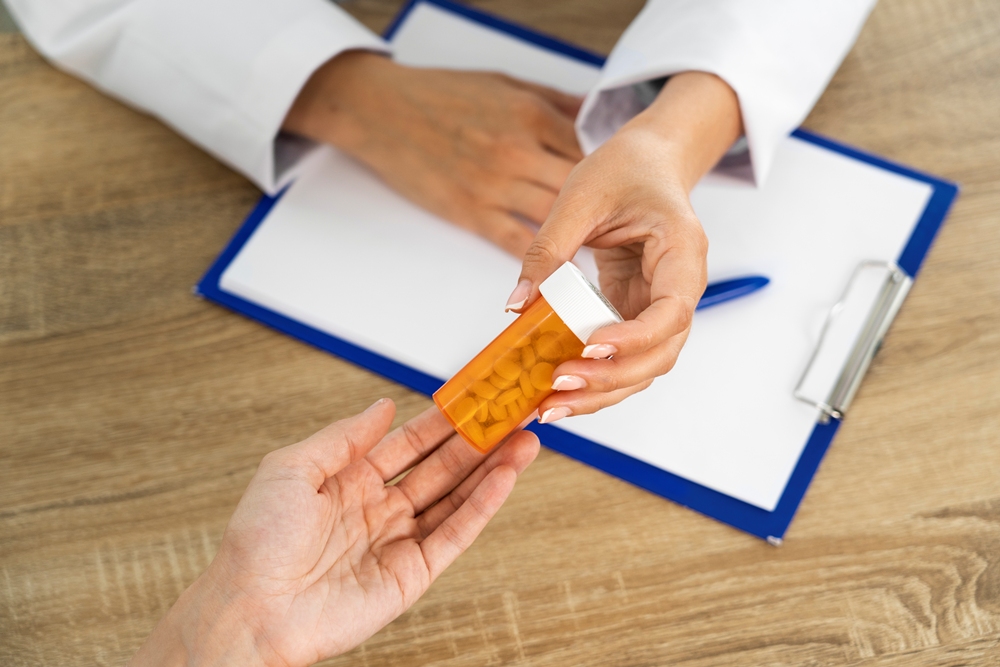Exclusive
A genetic therapy called tofersen has been approved in the UK to treat SOD1-ALS, a rare inherited form of motor neurone disease. The drug targets amyotrophic lateral sclerosis (ALS) caused by mutations in the SOD1 gene – which produces an enzyme called superoxide dismutase 1 – leading to a toxic protein that damages nerve cells. [...]
Dutch medtech company TrianecT has raised €1.35m to bring its ambulance-based stroke detection device, StrokePointer, to market. The portable system allows paramedics to assess stroke severity on scene and direct patients to centres equipped for specialist treatment. Stroke affects one in four people over 25 and accounts for a third of global healthcare costs. [...]
A new drug, GAI-17, has reduced brain cell death and paralysis in mice after stroke, even when given six hours after onset. Researchers found the compound blocks a protein linked to cell death, suggesting it may extend the treatment window for stroke and reduce long-term damage. The team, based at Osaka Metropolitan University in Japan, [...]
Amphix Bio’s lead therapy for spinal cord injury has been granted orphan drug status by the US Food and Drug Administration, potentially speeding up access for patients. The treatment, AMFX-200, uses engineered peptides—small protein fragments—that act as drugs to activate cell receptors and as scaffolds to support tissue regeneration. The designation is reserved for conditions [...]
A new 3D printed implant could aid recovery after spinal cord injury by delivering electrical signals to encourage nerve cell growth. The soft, gel-like implant includes conductive fibres that transmit electrical currents to help neurons regrow. It was developed using materials designed to replicate the spinal cord’s natural environment, including hyaluronic acid, collagen type-IV and [...]
A brain-computer interface has enabled a man with ALS to speak in real time by converting brain activity directly into a synthetic voice. The investigational system allows the user to communicate with family through a digital vocal tract that simulates speech, enabling him to adjust intonation and even produce simple melodies. Unlike earlier technologies that [...]
The US Food and Drug Administration (FDA) has cleared the first blood test capable of detecting amyloid plaques, one of the key signs of Alzheimer’s disease, offering a simpler alternative to current diagnostic methods. The test, which received FDA clearance on 16 May, is approved for people aged 55 and over who show signs or [...]
Researchers have captured a first-of-its-kind video of dynein-Lis1 protein interaction, supporting future drug development for neurological disorders. Our cells rely on microscopic highways and specialised protein vehicles to move everything - from positioning organelles to carting protein instructions to disposing of cellular garbage. These highways (called microtubules) and vehicles (called motor proteins) are indispensable to cellular [...]
This blog was written thanks to the expertise of the Brian Barr Solicitors team, including Alex Cohen, Philip Cohen and Steven Akerman, leading experts in compensation claims for chronic pain and serious injury. In our hyper-connected world, where sharing the minutiae of our lives has become second nature for most people, social media has woven itself into the [...]
Silvia Silva, Head of Care at Richardson Care in Northampton, joined the company in January 2023. Here she talks about her role and reflects on her first two years at the specialist care service for adults with acquired brain injury or learning disabilities and complex needs. As there is no typical day, what are you [...]














